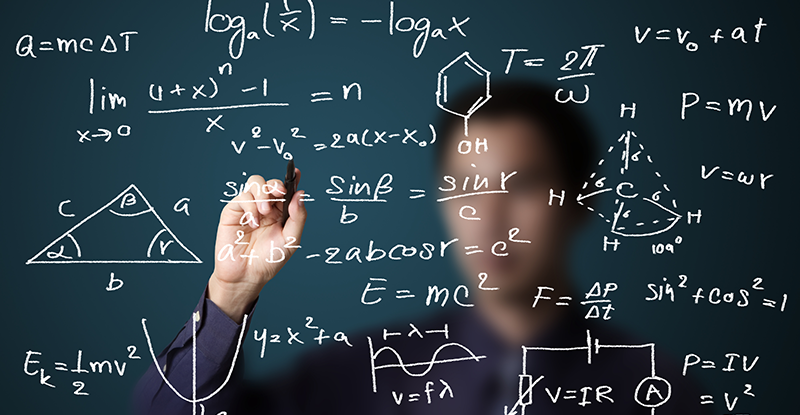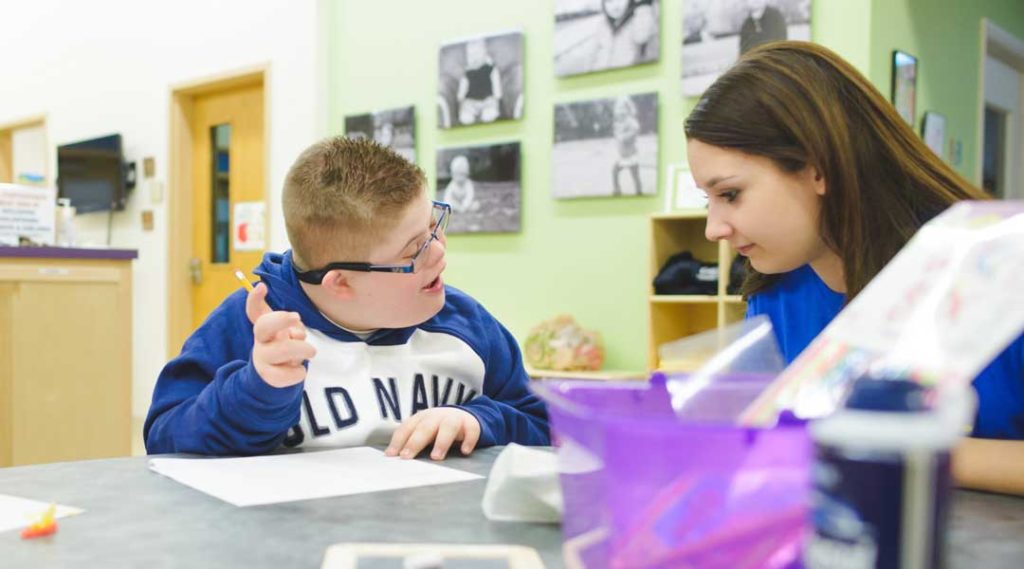The Role of Pupil Success Stories in Highlighting the Benefits of Russian Math for Learners
Trainee success stories act as engaging evidence of the benefits offered by Russian mathematics education. These narratives often highlight exactly how structured approaches bring about considerable improvements in analytic capabilities and critical reasoning. Ivan's exemplary abilities and Maria's improvement from struggling student to competition champion exhibit this effect. Such accomplishments increase concerns regarding the wider ramifications of these experiences. What can be picked up from these tales, and exactly how might they affect future learners?
Recognizing the Structures of Russian Mathematics
Although frequently shrouded in intricacy, the foundations of Russian maths are rooted in an unique academic viewpoint that emphasizes critical and problem-solving reasoning. This technique prioritizes deep understanding over memorizing memorization, motivating pupils to involve with mathematical concepts proactively. The educational program is structured to promote logical skills, usually incorporating theoretical concepts with functional applications. Teachers play an essential function, employing techniques that challenge pupils to check out different problem-solving approaches and work together with peers.Central to this educational version are rigorous criteria and a strong focus on logical thinking, which cultivates durability and versatility among learners. The concentrate on foundational principles enables students to build a solid mathematical framework, equipping them with tools to tackle complex problems. This strenuous training not just prepares students for sophisticated study in mathematics yet also imparts a long-lasting admiration for the discipline, forming their ability to assume seriously in diverse contexts.
Highlighting Individual Success Stories
Success stories in Russian mathematics typically exemplify the performance of the nation's strenuous educational structure. For circumstances, a young pupil named Ivan showcased amazing problem-solving skills after taking part in a local Russian mathematics program. His capability to take on complicated mathematical ideas at an early age drew the focus of instructors and peers alike. Maria, another trainee, proceeded from struggling with fundamental arithmetic to winning regional math competitors within a year, highlighting the transformative possibility of this educational approach.These individual narratives offer as effective endorsements to the benefits of Russian math, showing exactly how organized techniques and a deep focus on fundamental abilities can lead to considerable scholastic accomplishments. The experiences of pupils like Ivan and Maria not only inspire their peers yet also enhance the value of a robust mathematical education and learning. Their success stories reverberate with parents looking for reliable knowing paths for their youngsters, further promoting the appeal of Russian maths
The Influence of Conceptual Recognizing on Learning
When trainees establish a strong conceptual understanding of maths, they are much better outfitted to use their knowledge to solve complicated troubles. This understanding acts as a foundation that allows learners to make connections between various mathematical concepts, fostering much deeper cognitive engagement. In Russian math programs, focus on theoretical discovering supports an attitude that values understanding over memorizing memorization. Pupils are encouraged to check out underlying principles, which enhances their ability to factor and assume seriously. This approach not only aids retention but likewise equips learners to adapt their expertise to unique scenarios. In addition, a solid conceptual grasp of maths can result in boosted self-confidence, as trainees discover themselves efficient in dealing with challenging product. As they recognize the partnerships between ideas, they end up being more adept at explaining their thought processes, even more solidifying their understanding. Inevitably, an emphasis on conceptual understanding in maths education greatly boosts the general knowing experience for pupils.
Enhancing Problem-Solving Abilities With Real-Life Applications

Building Self-confidence and Durability in Pupils
Self-confidence and strength are important characteristics that encourage pupils to navigate the challenges of learning mathematics. The Russian Math technique stresses problem-solving and crucial reasoning, fostering a positive discovering atmosphere where students are urged to take on hard principles. As they engage with complicated issues, learners develop a feeling of accomplishment that increases their self-confidence. Effective completion of tough jobs strengthens their idea in their abilities, making them much more ready to take threats in future mathematical endeavors.Moreover, the iterative nature of Russian Mathematics encourages willpower. They are instructed to view these minutes as possibilities for development instead than failings when trainees run into problems. This frame of mind cultivates resilience, enabling them to recover and proceed pursuing understanding. By developing these qualities, trainees not just master maths however additionally get valuable life abilities, preparing them for obstacles beyond the class.
Comparing Traditional Math Approaches With Russian Mathematics

Educating Technique Differences
Many educators identify substantial distinctions between conventional math teaching approaches and the Russian strategy, which highlights conceptual understanding and problem-solving. Conventional methods frequently concentrate on memorizing memorization and step-by-step jobs, prioritizing fast estimations over deep comprehension. In contrast, Russian mathematics encourages trainees to check my review here out mathematical ideas through a variety of strategies, cultivating vital thinking and creativity. This approach often entails collaborative knowing, where trainees work with each other to go over services and concepts. Furthermore, Russian mathematics integrates real-world applications, making mathematical concepts a lot more relatable and appealing for students. These distinctions highlight the special strengths of the Russian technique, which aims not just to show mathematics skills yet likewise to develop a strong mathematical mindset that can be applied across different contexts.
Problem-Solving Approaches
While typical mathematics methods frequently stress detailed procedures to get to services, Russian mathematics focuses on a more all natural method to analytic. This method encourages trainees to discover multiple methods, promoting creative thinking and essential reasoning. In typical settings, trainees may depend heavily on memorization and procedural understanding, often leading to a narrow understanding of principles. Conversely, Russian math promotes deep understanding, permitting students to attach mathematical principles to real-world applications. By providing problems in diverse contexts, Russian mathematics obstacles trainees to believe outside package and establish adaptive reasoning abilities. This aberration in strategies not only boosts analytic abilities but additionally constructs strength in students, outfitting them to take on complicated difficulties with confidence and innovation.
Motivating a Lifelong Love for Discovering in Mathematics
Mathematics typically evokes anxiousness in trainees, promoting an authentic interest for the topic can transform their educational experience. The Russian Math approach stresses recognizing ideas as opposed to memorizing memorization, urging curiosity and expedition. By engaging students in tough yet fulfilling problem-solving tasks, they establish a much deeper admiration for mathematics as a dynamic field.Success tales from learners highlight exactly how this method supports an enthusiasm for knowing, leading to an extra profound link with mathematical ideas. These stories highlight the value of perseverance and creative thinking, demonstrating that math is not simply a subject yet a tool for vital thinking and real-world application.As trainees encounter and get rid of challenges, they develop resilience, strengthening the concept that learning is a lifelong trip. This viewpoint motivates them to go after refresher courses in maths and associated areas, ultimately cultivating a generation of passionate, confident mathematicians.
Often Asked Inquiries
What Age Conveniences Most From Russian Math Programs?
The age team that benefits most from original site Russian math programs commonly ranges from early elementary to middle school. This duration fosters important thinking and analytical abilities, important for mastering advanced mathematical principles in subsequent instructional stages.
Exactly How Can Moms And Dads Support Their Children in Russian Math?
Parents can support their children in Russian math by offering a helpful learning environment, motivating constant method, involving with teachers for understandings, promoting a positive perspective towards challenges, and commemorating accomplishments to enhance self-confidence and inspiration.
Are There Online Resources for Russian Mathematics Learners?
Lots of on-line sources exist for Russian mathematics students, consisting of interactive systems, educational video clips, and forums. These devices improve understanding and interaction, offering trainees with varied understanding possibilities to reinforce their mathematical abilities properly.
What Credentials Do Russian Mathematics Instructors Commonly Have?
Generally, Russian math instructors have sophisticated degrees in maths or education and learning. Several have comprehensive mentor experience and are learnt particular approaches that emphasize analytic, vital thinking, and a deep understanding of mathematical concepts.
Just How Does Russian Math Accommodate Different Learning Styles?
Russian math fits different discovering styles with varied mentor methods, cultivating analytical reasoning and problem-solving abilities. Teachers make use of visual help, hands-on tasks, and collaborative workouts, guaranteeing students involve with mathematical concepts in manner ins which reverberate with their individual choices. A young student called Ivan showcased amazing analytic skills after getting involved in a local Russian mathematics program. Maria, one more student, progressed from having a hard time with standard math to winning regional mathematics competitors within a look at this now year, highlighting the transformative potential of this instructional approach.These individual stories serve as effective reviews to the advantages of Russian math, showing just how structured approaches and a deep emphasis on foundational skills can lead to considerable scholastic success. The Russian Math strategy emphasizes vital and problem-solving thinking, promoting a favorable learning atmosphere where students are urged to tackle challenging principles. In comparison, Russian math encourages students to discover mathematical concepts through a range of approaches, promoting important thinking and imagination. By presenting problems in different contexts, Russian math difficulties trainees to assume outside the box and create flexible reasoning skills.